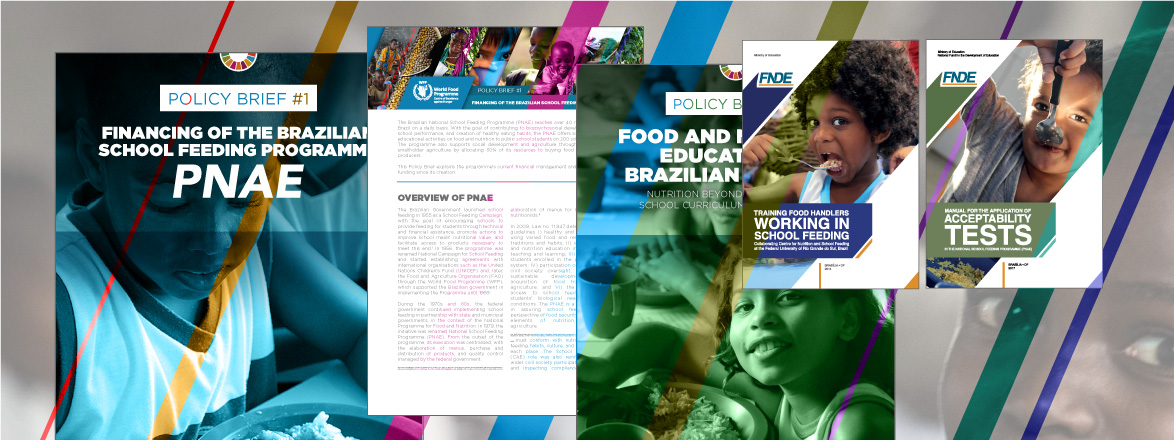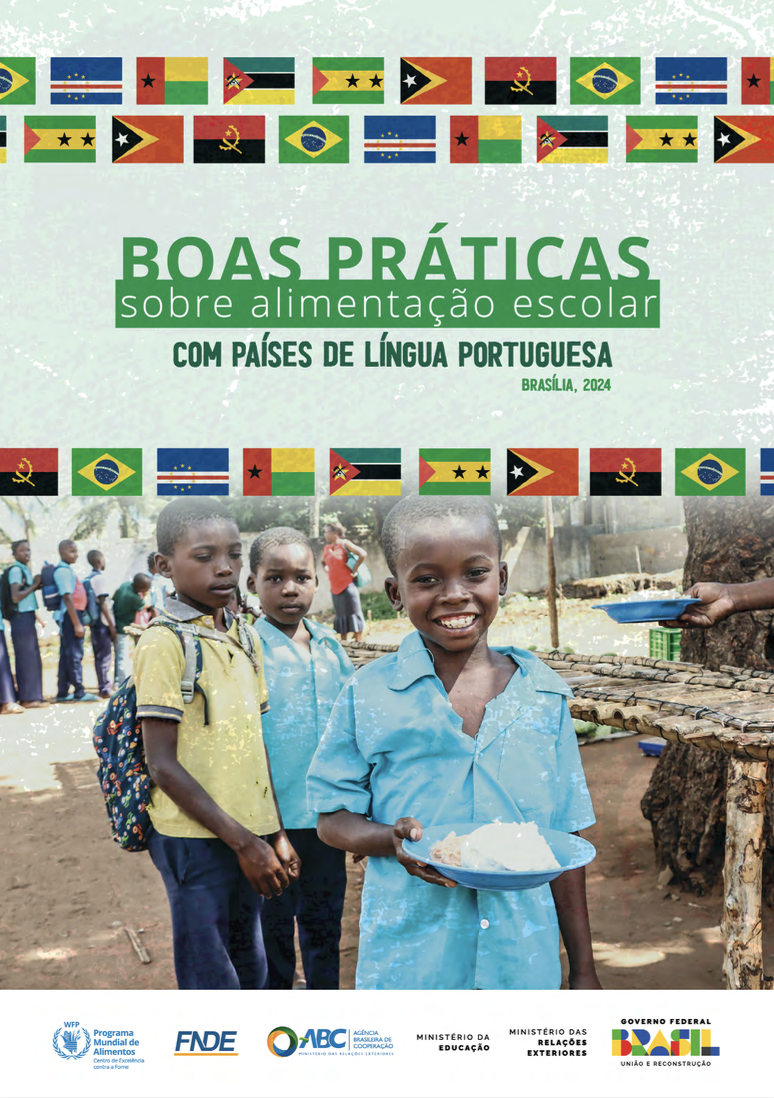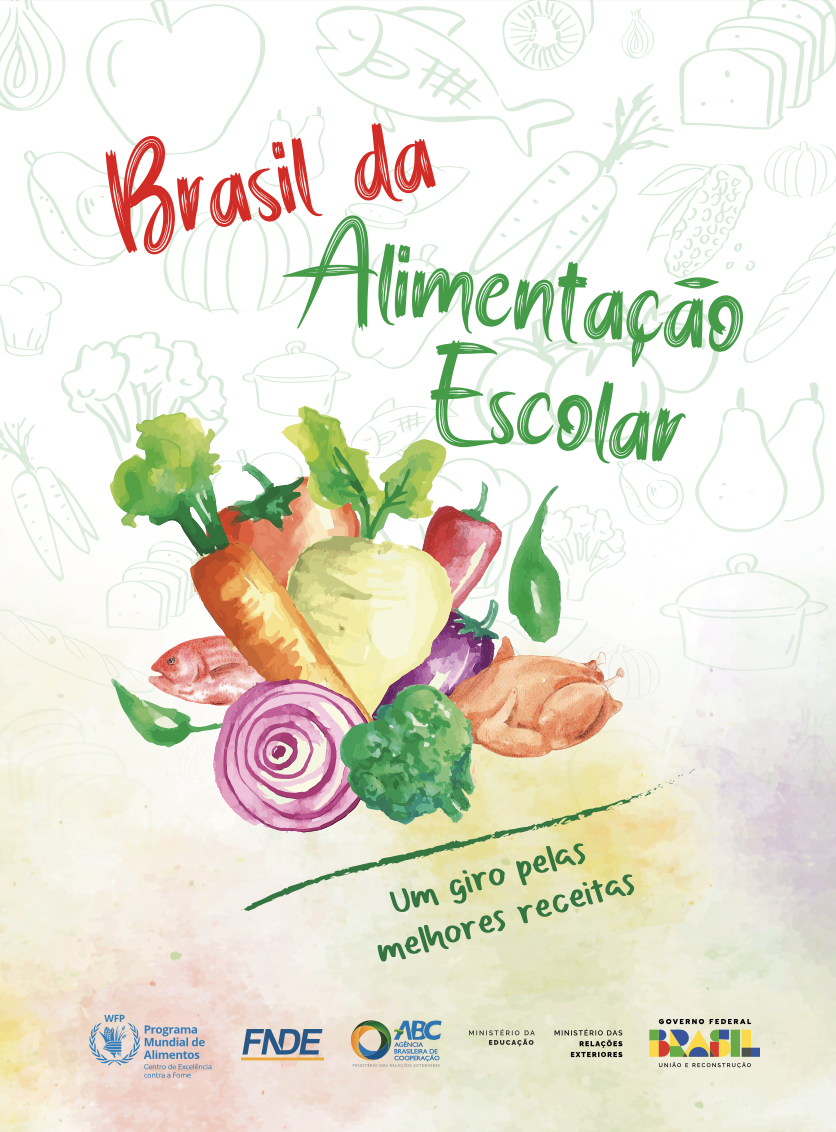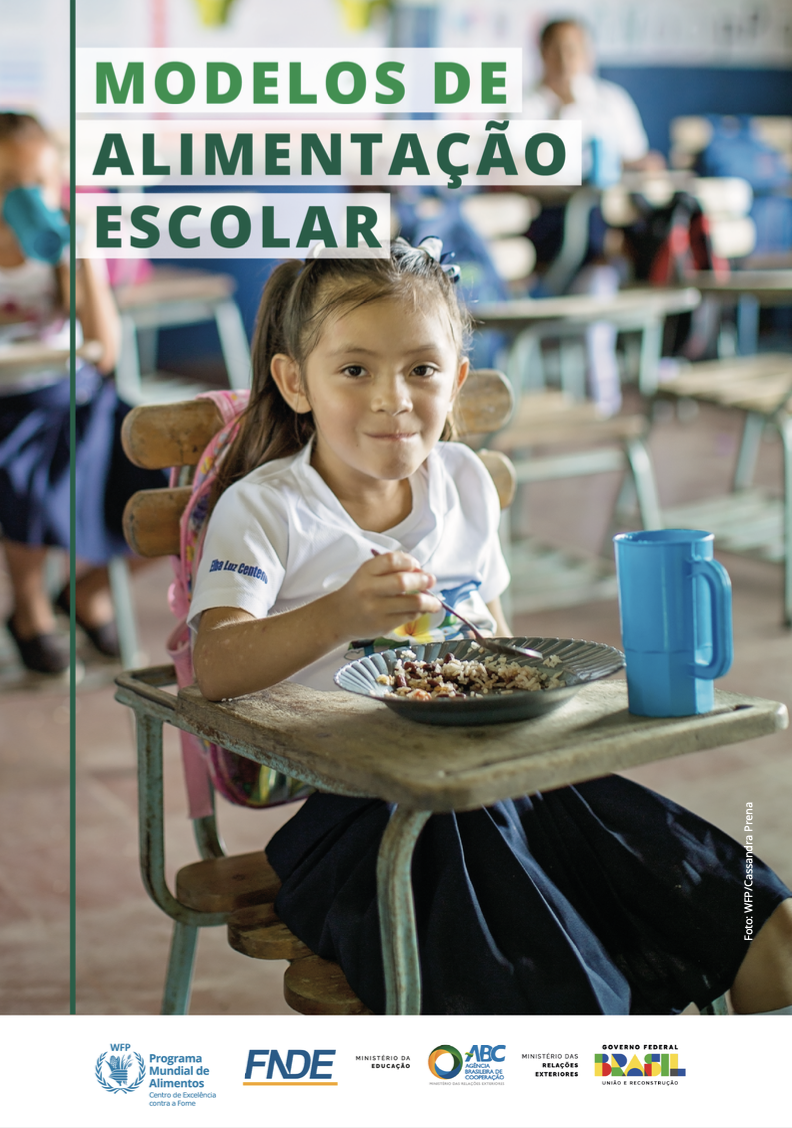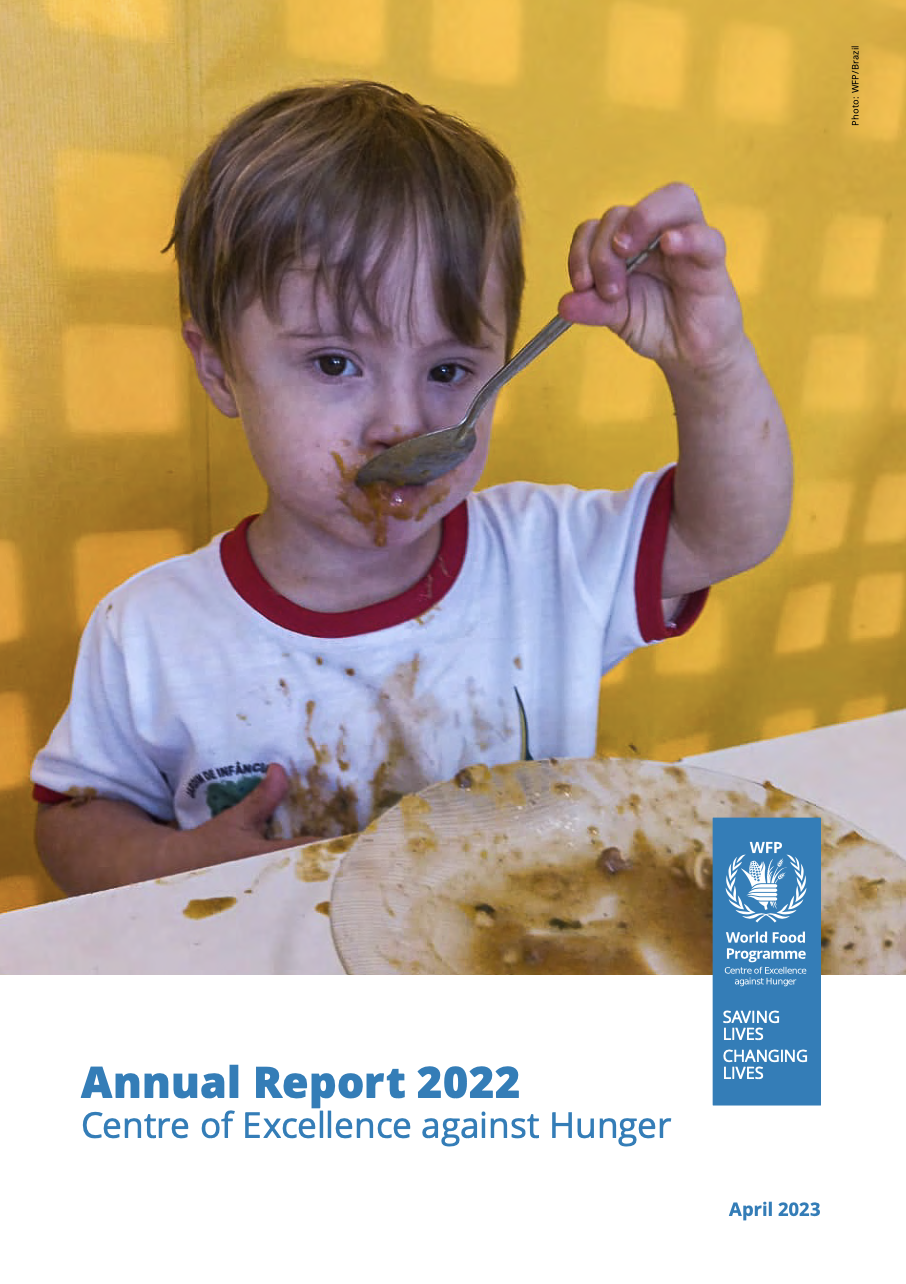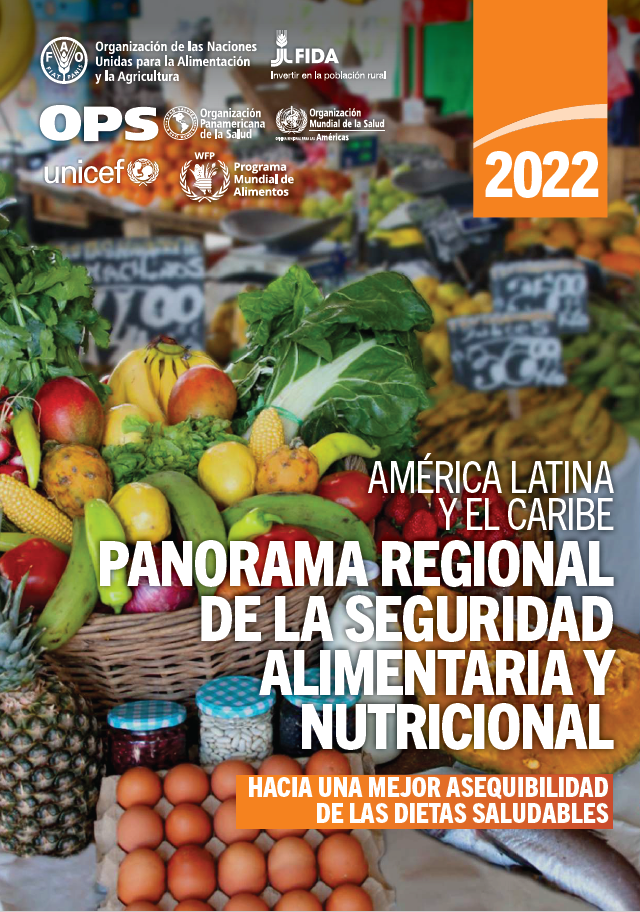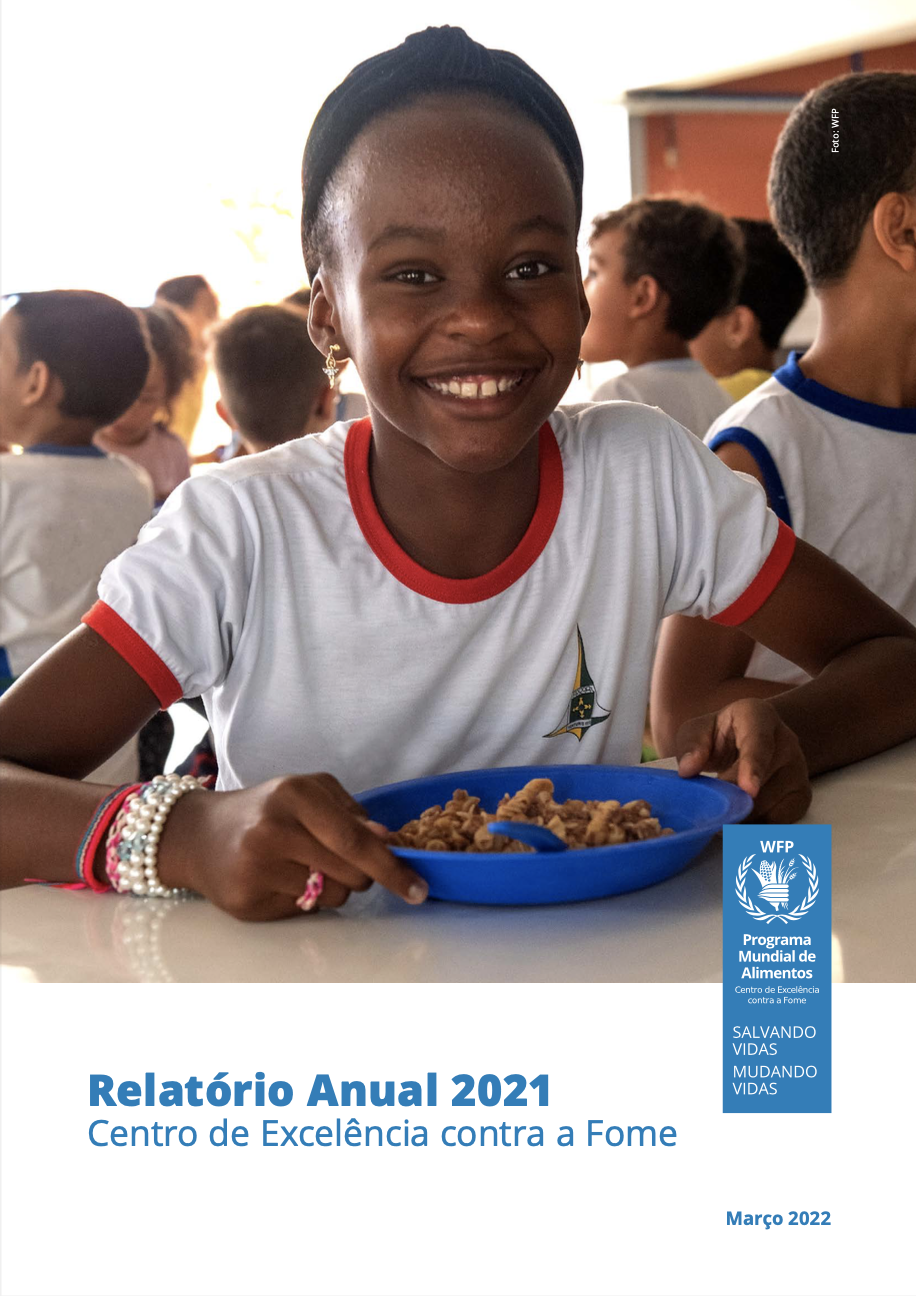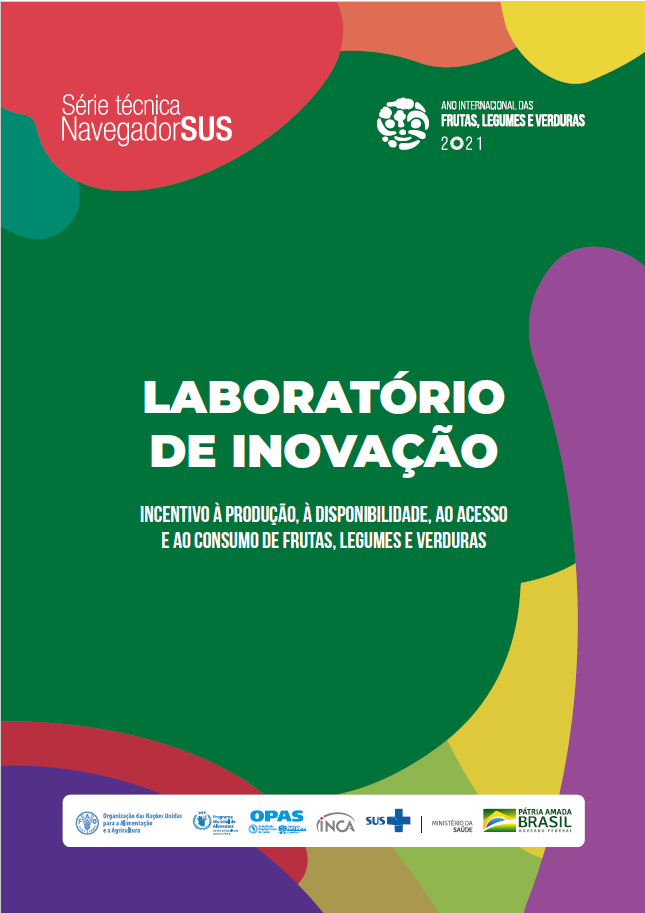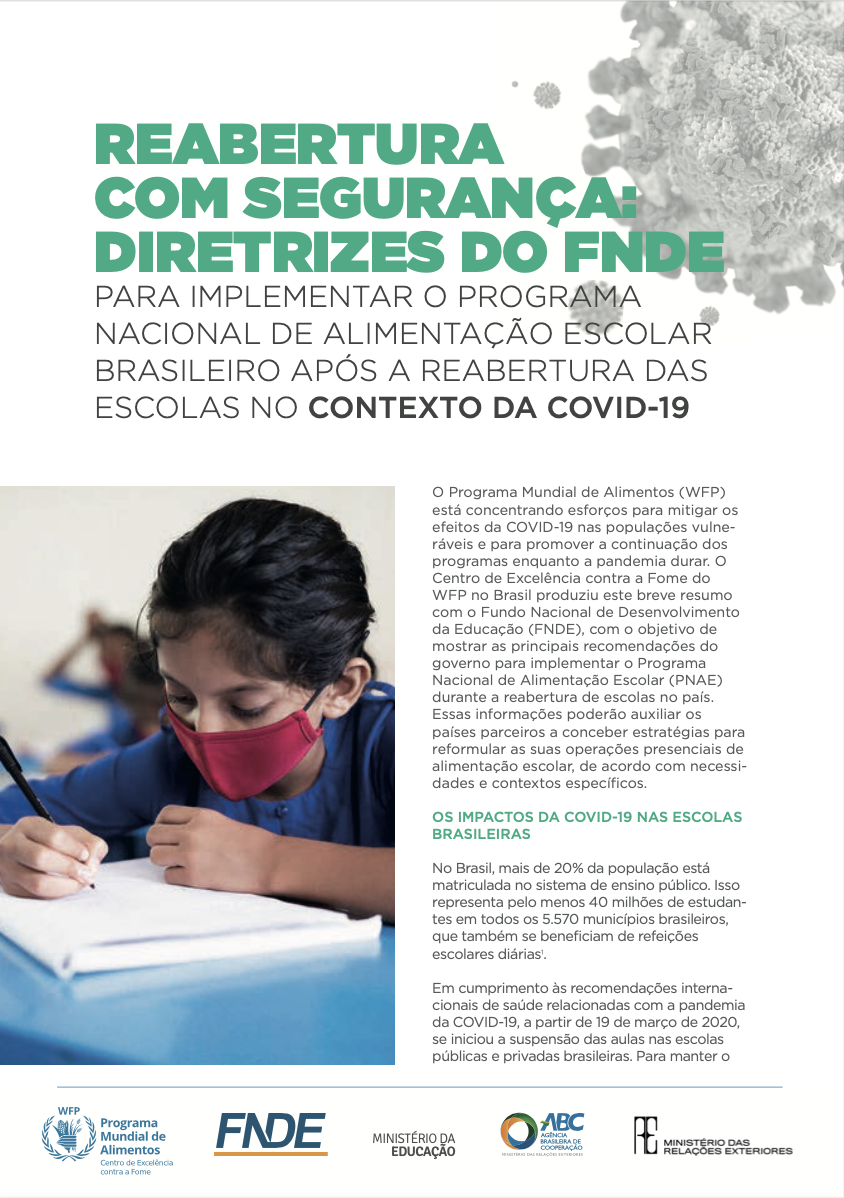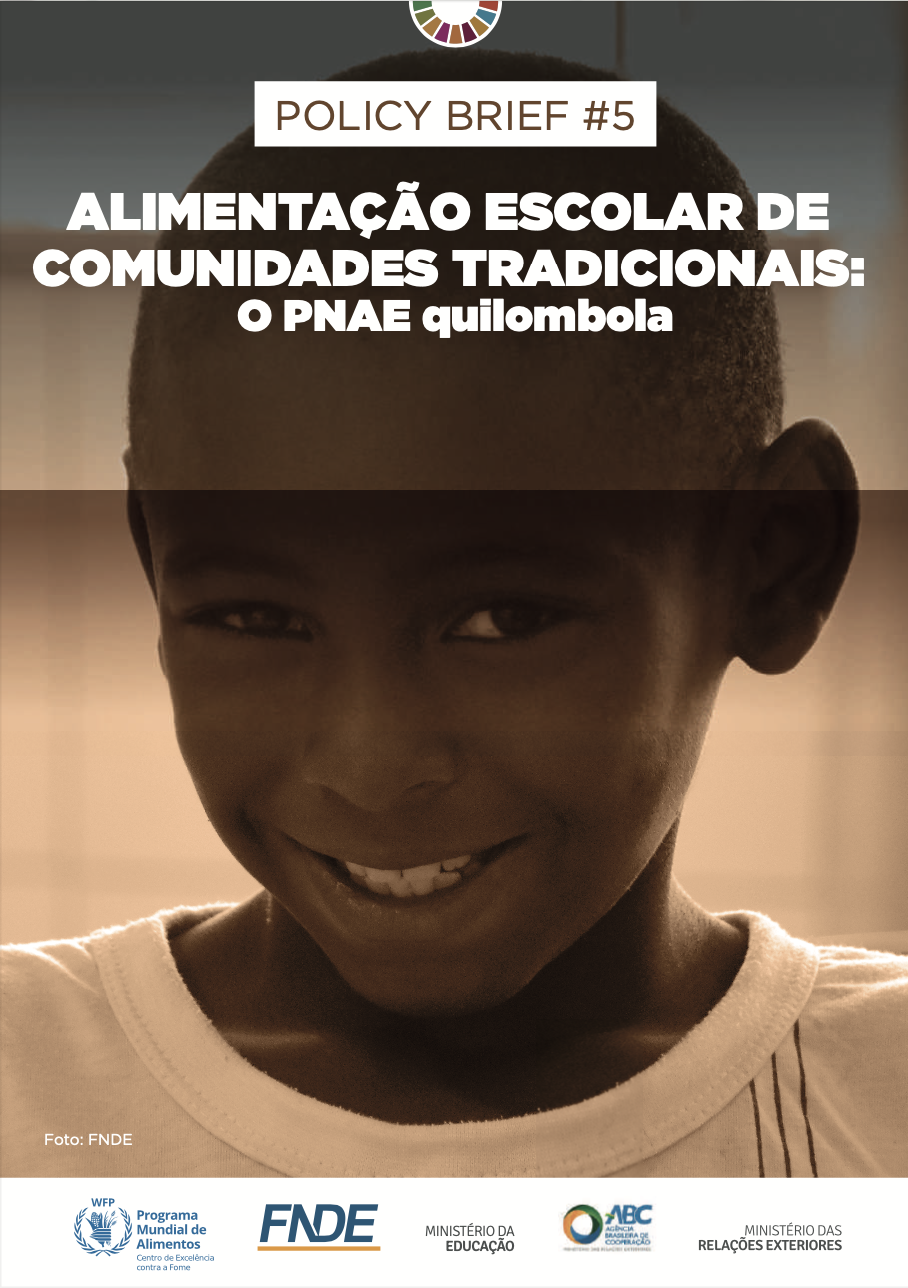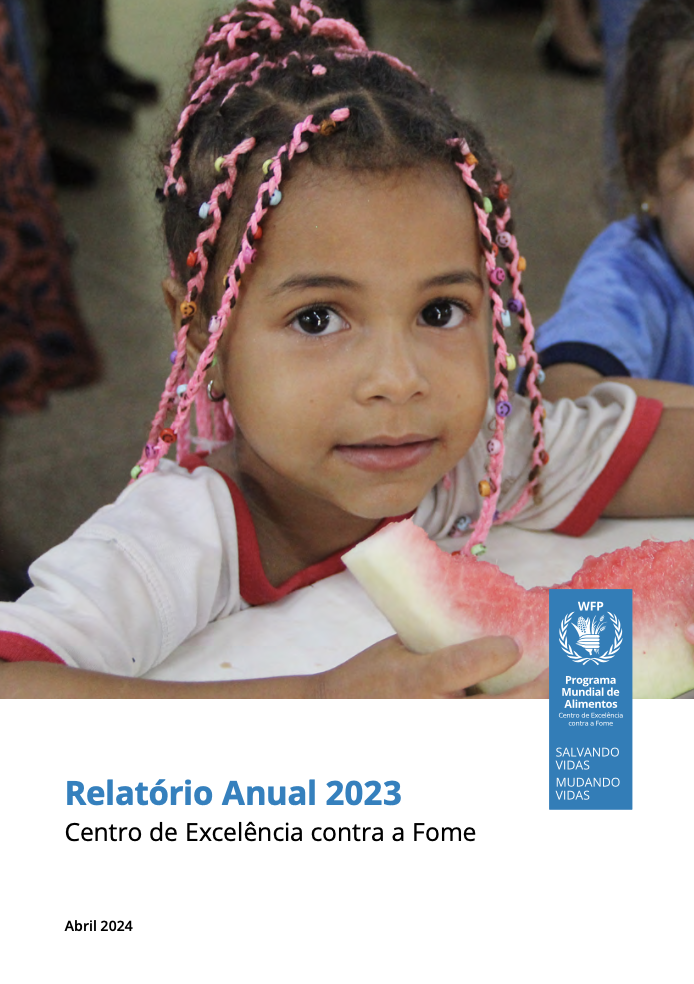
In 2023, the World Food Programme (WFP) faced growing challenges due to humanitarian emergencies exacerbated by conflicts and climate disasters, hampering its mission to save lives. Meanwhile, the life-changing development work carried out by the WFP Centre of Excellence against Hunger in Brazil gained prominence, promoting lasting solutions for food security and sustainable agriculture. In this annual report, learn how the Centre of Excellence's work supporting strategies to reduce inequalities in countries of the global South, strengthening areas such as school feeding, nutrition and family farming and establishing strategic partnerships has contributed to the achievement of Sustainable Development Goals 1, 2 and 17.





